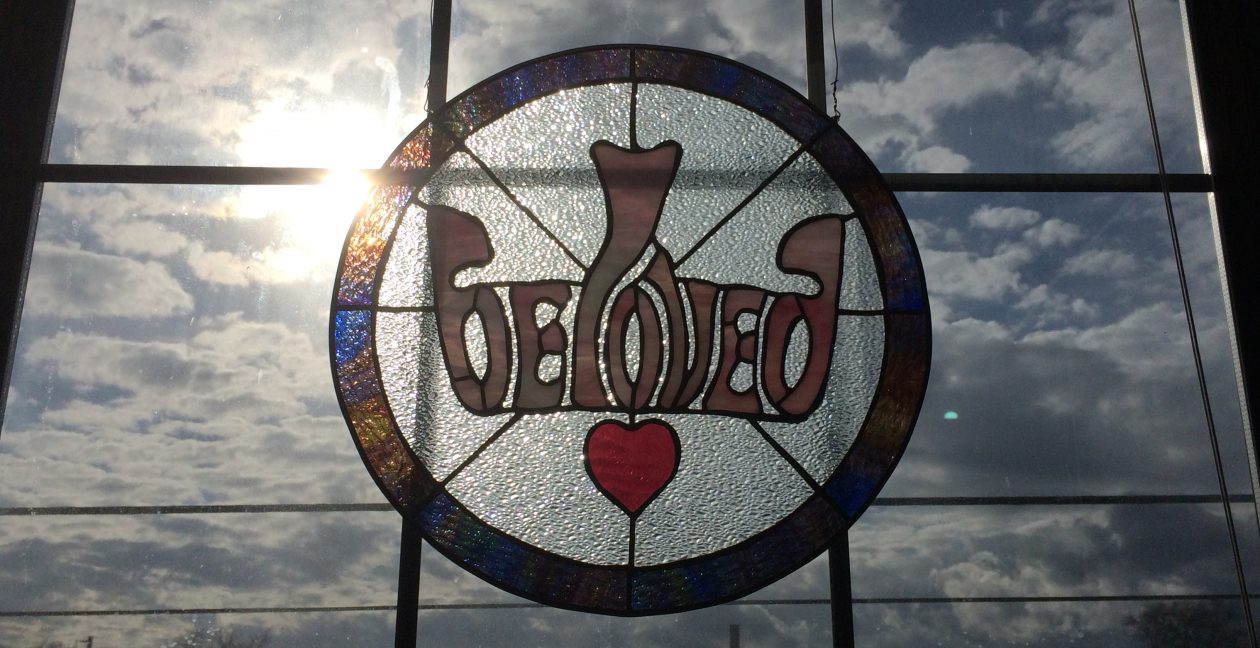At 10 years old, a boy named Eliseo Medina left Mexico to join his father who was an immigrant farm worker in the San Joaquin Valley in California. When he was 12, Eliseo dropped out of school to join his father picking grapes to support their family. When he was 19 he met Cesar Chavez and over time became one of the most skilled organizers in the United Farm Workers.
 Above: Medina leading picketers outside the Talisman Sugar Cane Co. in 1972, during his time with the United Farm Workers. Source: Huffington Post/AP
Above: Medina leading picketers outside the Talisman Sugar Cane Co. in 1972, during his time with the United Farm Workers. Source: Huffington Post/AP
Eliseo Medina rose from a 12-year-old immigrant farmworker to the second-highest ranking officer in the SEIU, the fastest growing union in North America. He learned a lot about power along the way. How power is used, and abused, and corrupts. How hurting people can organize to gain power to make life better for their families and communities.
Last fall, leaving a meeting with President Obama about immigration reform, Eliseo Medina came face-to-face with a group of undocumented immigrants who had driven 42 hours from Arizona to urge Congress to pass immigration reform. They told him their stories – stories of people dying in the desert trying to get to a better life; children crying themselves to sleep because their parents had been deported; families living in constant fear.
This encounter took Eliseo back to his roots and caused him to reflect. He had spent his life organizing the powerless to gain power. He had become one of the most powerful men in the labor movement. He had brought his power to bear on the cause of immigration reform. But was he doing enough?
After some soul-searching, he decided that it was time to escalate.
It was time to claim real power.
It was time to fast.
It was time to join the Fast for Families – to fast for the 1,100 families being torn apart by deportations every day.
It was time to fast for those whose hearts are hardened, those whose eyes are closed, who refused to hear the cries of God’s people, who do not know that our children are their children, our sorrows their sorrows, our joys their joys.
Eliseo fasted for 22 days with other national leaders in a tent on the National Mall outside of the Capitol in Washington, D.C., in an effort to bring about immigration reform.
I asked him, “Why a fast? What difference would that make?”
“I have organized strikes, boycotts, marches, rallies, union drives. I’ve been arrested for civil disobedience. All of these things are aggressive in nature, they are coercive, and they cause your opponents to withdraw, to become defensive. Even a hunger strike is coercive in nature; that is different than a fast.”

Above: During their 22-day fast on the National Mall, Medina and other fasters had audiences with numerous national leaders, including President Obama. Source: CNN/Getty Images
“A fast draws other people toward you. They want to know why you are willing to make such a sacrifice for a cause that they may not understand or agree with. The nature of a fast, especially a fast done in community, is that it creates a space for dialogue, for relationship, for community, for conversation, maybe even for conversion. A fast is a powerful thing.”
As the body grows weaker, the spirit grows stronger.
As the body grows weaker, the BODY – THE COMMUNITY – grows stronger.
When I heard Eliseo speak of his fast, I wanted nothing more than to be a part of it. I felt it would change me and free me and bring me the peace and radiance that I saw in the fasters. I too have spent my life marching, lobbying, petitioning, demonstrating and organizing for social change. I thought, maybe at this point, there is something more powerful we can do for families living in fear of separation – we can hold a community fast like the one held in Washington. This idea was confirmed for me when one of the immigrant community leaders also listening to Eliseo speak turned to me and said, “Angie, we spent 5 days in the desert with no water! I want us to do this fast!”
We began with a 24-hour fast when Eliseo and others who had fasted for up to 22 days* came through Birmingham working for immigration reform.
We are now fasting on Wednesdays, along with the growing Fast4Families movement around the country. I invite you to join with us, to experience this new kind of power.
I also invite you to join with us in prayerful consideration of a
Holy Week Fast for Immigrant Families.
What more humble way to walk the Way of the Cross carried by Jesus,
Whose own family suffered the plight of an immigrant family?
“My grace is sufficient for you, for power is made perfect in weakness.”
2nd Corinthians 12:9
-Rev. Angie Wright
*Note: There are many ways to fast. What is right for one person may not be right for another. Here are some resources to guide you:
http://houseofprayerexperience.com/2012/11/fasting-for-beginners/
http://www.cru.org/training-and-growth/devotional-life/personal-guide-to-fasting/
http://www.dummies.com/how-to/content/adding-fasting-to-your-prayer-life.html
http://www.compassion.com/get-involved/fasting-tips.htm






